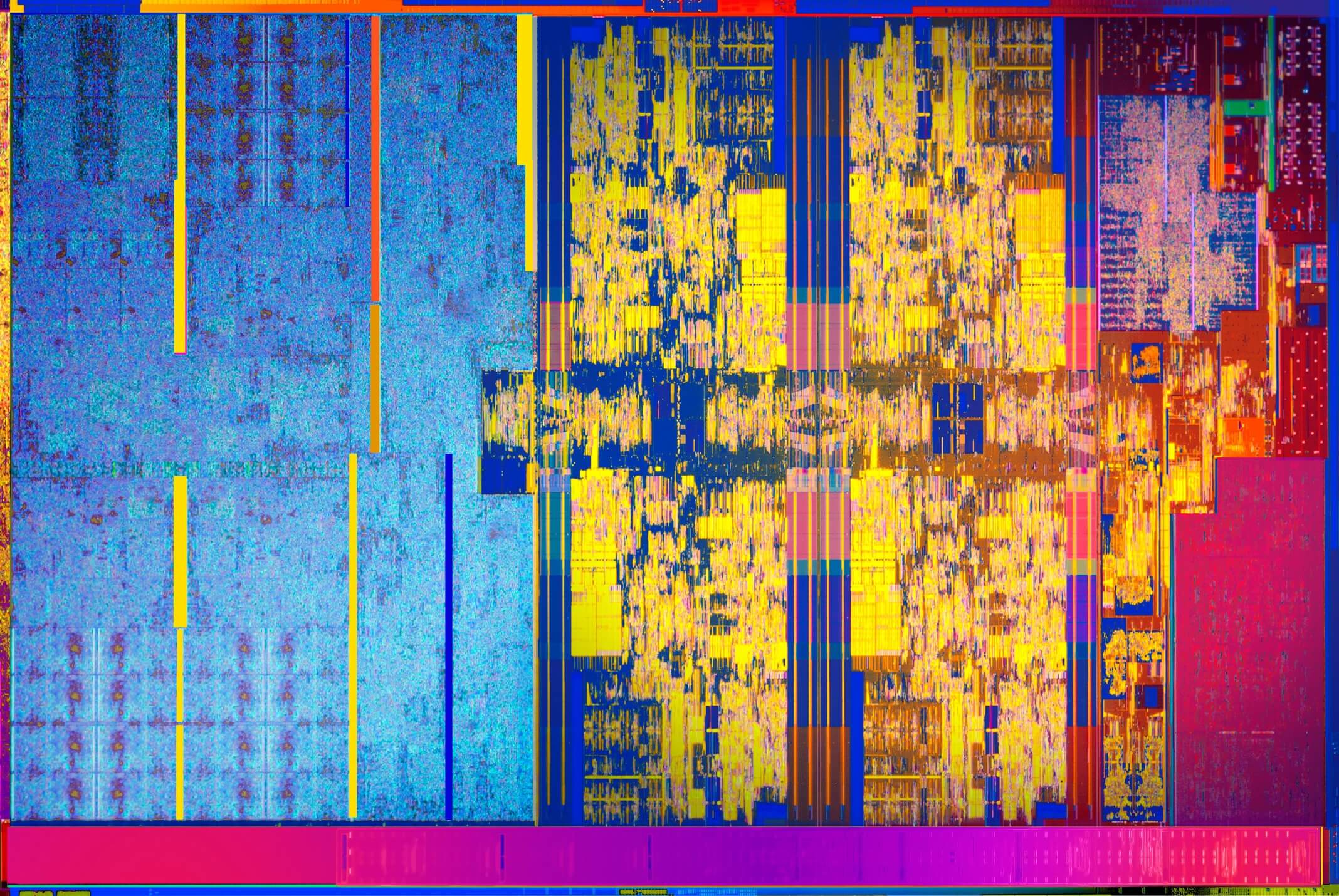Encoding Benchmarks
Let's talk about more beefy CPU workloads: encoding.

Cinebench is pretty much the go-to CPU benchmarking tool for many enthusiasts, as it provides a nice breakdown between single- and multi-threaded scores. Starting with multi-threaded as that's the main point of difference between Kaby Lake and Kaby Lake-R, we see significant gains when comparing the Core i7-8550U and the Core i7-7500U. In this test, we're seeing a Kaby Lake-R outperform its predecessor by around 55 percent, which is an enormous generational gain.
Previously, the move from (say) Skylake to Kaby Lake brought about an eight percent gain in this test. Achieving double digit gains has been a feat in previous generations, so seeing a 55 percent improvement is positively enormous for a mobile chip.
Single-thread gains are a more modest 11 percent, which is a bit lower than the 14 percent we expected considering the difference in single-core boost frequencies between the i7-8550U and i7-7500U. Still, the extra frequency at the top end always comes in handy.
The i7-7700HQ pulls ahead by a decent 37 percent margin here, though the U-series parts have significantly closed the gap here: previously, the 7700HQ was more than twice as fast as 15W parts.

One thing that Cinebench doesn't illustrate particularly well is sustained performance, as the test only lasts a few minutes at best. This is why the two-pass x264 benchmark is such a great test for a power-constrained CPU like the i7-8550U.
When averaging over three runs - a test that takes approximately 40 minutes - the i7-8550U still showed enormous performance gains relative to the i7-7500U. In fact it's even larger than Cinebench here, with an average gain of 49 percent. Again, the gap has been closed to the quad-core i7-7700HQ: the faster 45W CPU is now just 25 percent faster, not 110 percent faster.

Do you like to punish your ultraportable's CPU? How about you try and render some HEVC videos using the x265 codec. This very punishing test takes over and hour and a half to complete, and really tests out the sustained CPU performance of Kaby Lake-R.
Even though the i7-8550U sat in the low 2.0 to 2.3 GHz range throughout most of this test (well below the maximum all-core boost frequency of 3.7 GHz), Kaby Lake-R punished Kaby Lake to the tune of 45 percent! Those extra cores really help when it comes to intensive video rendering.
The Core i7-7700HQ is still a good 53 percent faster here, though, so those who need a workstation for video editing are best off sticking to the 45W parts. The 8550U's ability to shave off 47 minutes from the 7500U's encode time is impressive, but the 7700HQ reduces this by a further 36 minutes.
